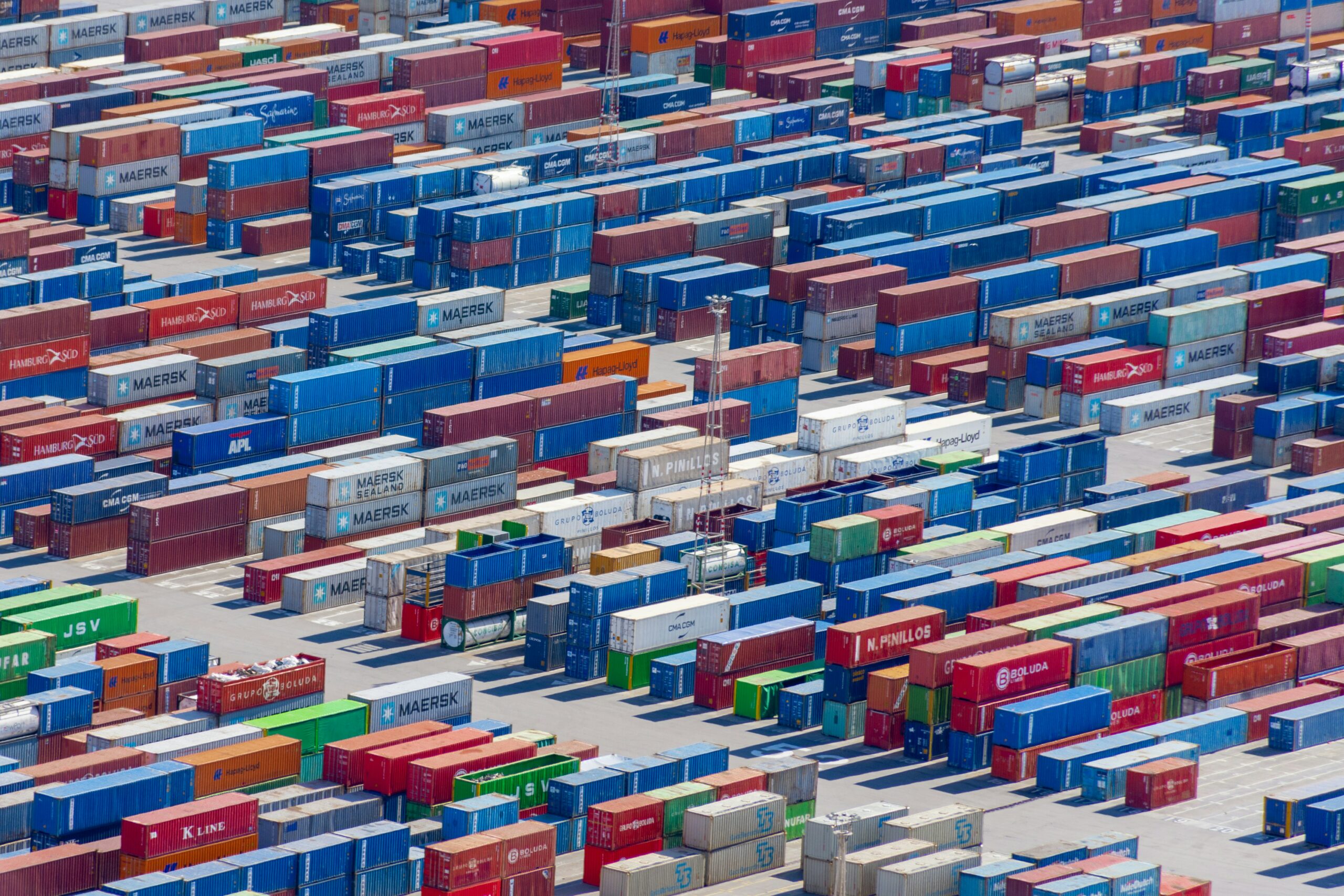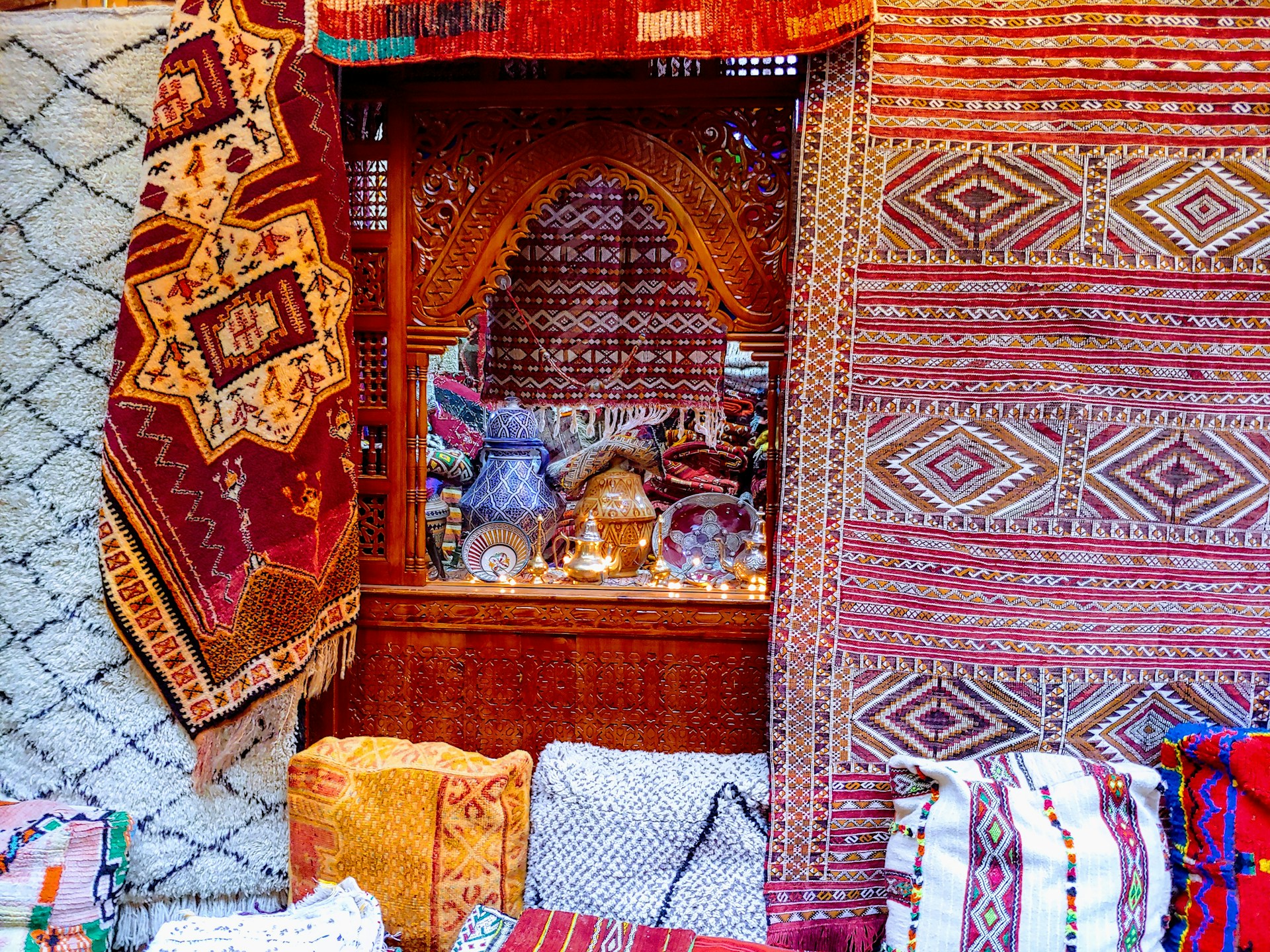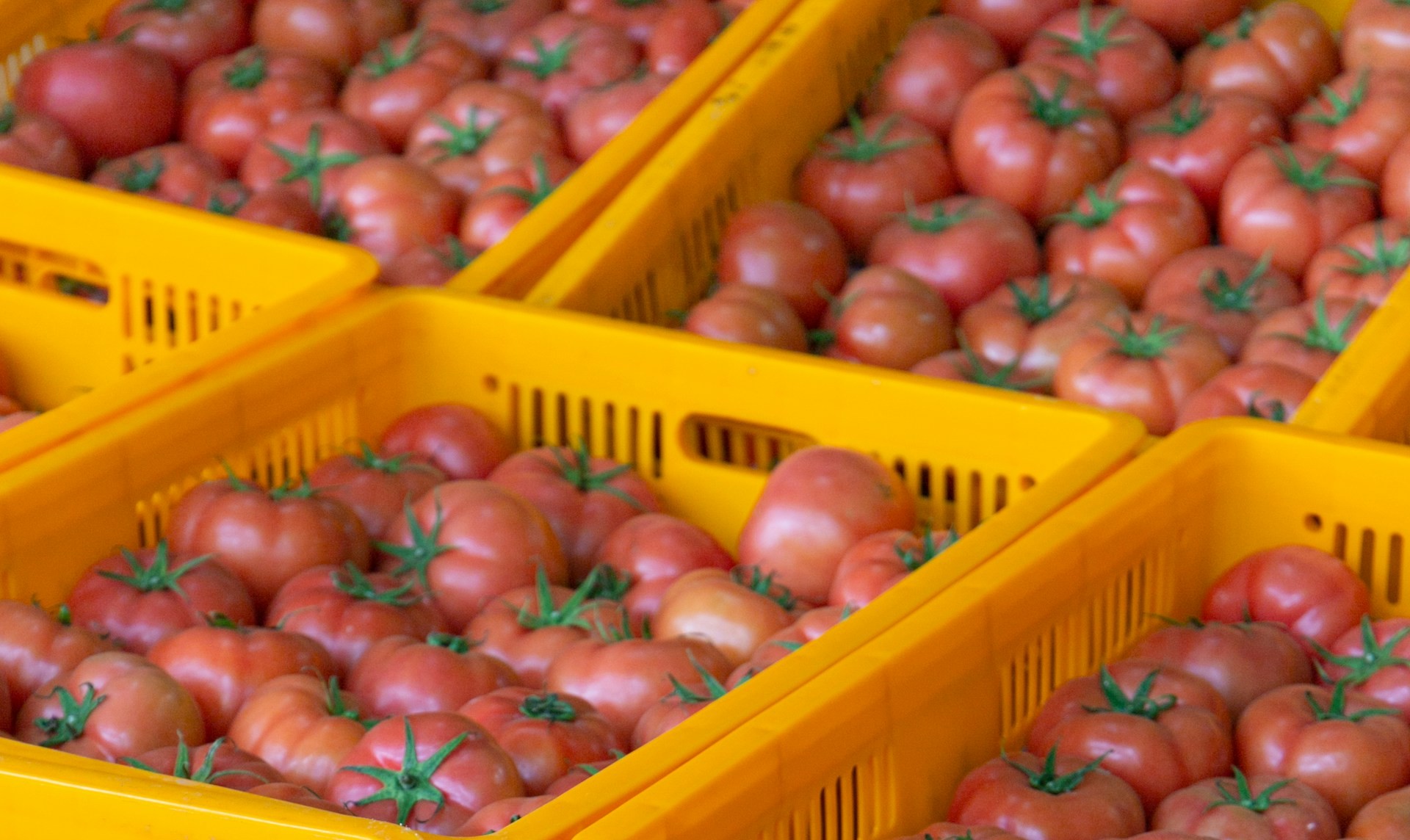Casablanca – Morocco has taken an important step forward in its industrial development strategy with the signing of partnership agreements for eight new projects under the second edition of the Sustainable Industrial Zones Fund (FONZID II). These projects, collectively representing investments nearing $102 million, mark an important effort to modernize and expand industrial zones across the country while emphasizing sustainability, inclusiveness, and economic competitiveness.
Investment and funding overview
The selected projects have secured a total investment of approximately $102 million. Of this amount, around $14.2 million is financed directly by FONZID II, a government-backed initiative designed to accelerate Morocco’s transition toward a greener, more resilient industrial sector.
The fund provides grants that cover up to 50% of the total investment for each project, with maximum limits of $3.1 million for new or expansion projects and $2.06 million for rehabilitation efforts. This financial support is aimed at reducing barriers for developers and encouraging the adoption of sustainable industrial practices throughout the country.
Scope and locations of projects
The eight projects encompass a broad geographical spread, reflecting a national approach to fostering industrial development while addressing regional imbalances. Among them:
- Oued Zem (Khouribga province): Establishment of a new multi-sector industrial zone in this economically promising area.
- Ameur (Salé province): Creation of a new economic activity zone targeted at supporting small and medium-sized enterprises (SMEs).
- Taroudant (South-Ouest Morocco): Development of an integrated and sustainable industrial park with shared services to boost local industry.
- Aït Melloul (near Agadir): Upgrading the existing industrial zone to meet enhanced environmental standards.
- Ain Chkef (near Fez): Transformation of a multi-service industrial center into a high-value industrial hub.
- Mohammedia: Development of a new industrial park focusing on energy efficiency and modern infrastructure.
- Tangier-Tetouan-Al Hoceima: Conversion of an existing industrial zone into a certified green industrial zone, supporting eco-friendly business operations.
- Khouribga: Creation of a “Fertiparc” dedicated to fertilizer-related activities, linked closely to the phosphate ecosystem that is vital to Morocco’s economy.
Strategic goals and economic impact
The Ministry of Industry and Trade, led by Minister Ryad Mezzour, highlighted that these agreements reflect Morocco’s ambition to build a new model of sustainable industrial zones that integrate economic, social, and environmental performance. Minister Mezzour described the projects as “important examples of success” that will not only enhance the availability of quality industrial real estate but also stimulate investment, improve productivity, and reinforce Morocco’s position as a regional industrial leader.
Akram Allaoui, Director of Industrial Zones at the Ministry, explained that the projects aim to achieve three key objectives:
- Modernization and rehabilitation: Updating existing industrial zones to meet modern environmental and operational standards, thus increasing their attractiveness to investors.
- Development of new zones: Creating new industrial parks tailored to regional needs and strategic sectors to diversify and expand industrial activity.
- Specialized industrial zones: Establishing zones dedicated to specific sectors such as trade and fertilizer production, supporting niche markets and local economic ecosystems.
Broader economic and social benefits
The investment in these sustainable industrial zones is expected to generate multiple benefits for the Moroccan economy:
- Job creation: The projects are anticipated to create numerous sustainable jobs across different regions, addressing unemployment and promoting inclusive growth.
- Territorial balance: By spreading investments across diverse regions—from industrial hubs like Mohammedia to emerging areas such as Oued Zem and Khouribga—the program supports balanced economic development.
- Green transition: The focus on environmental standards and energy efficiency aligns with Morocco’s national commitments to reduce carbon emissions and promote green industries.
- Enhanced competitiveness: By upgrading infrastructure and services in industrial zones, the projects will help Moroccan companies increase their productivity and competitiveness on both regional and global scales.
Continuity and international cooperation
FONZID II builds on the success of the first phase of the fund, which was implemented in partnership with the Millennium Challenge Account-Morocco (MCA-Morocco) under the Compact II cooperation agreement between the Moroccan and U.S. governments. This collaboration reflects a broader international commitment to supporting Morocco’s sustainable industrial transformation.
The Ministry of Industry and Trade remains committed to working closely with all partners to ensure that these projects become models of success and powerful drivers of economic development.
Morocco’s latest push toward sustainable industrial zones, backed by significant public funding and strategic partnerships, is poised to strengthen the country’s industrial base while promoting ecological responsibility and social inclusion. As the projects progress, they are expected to contribute significantly to Morocco’s economic resilience and its ambition to lead the region in sustainable industrial innovation.
















